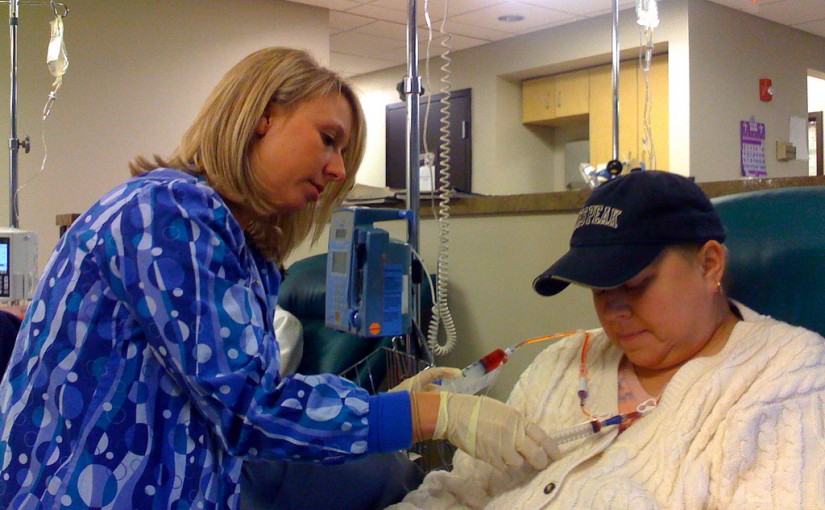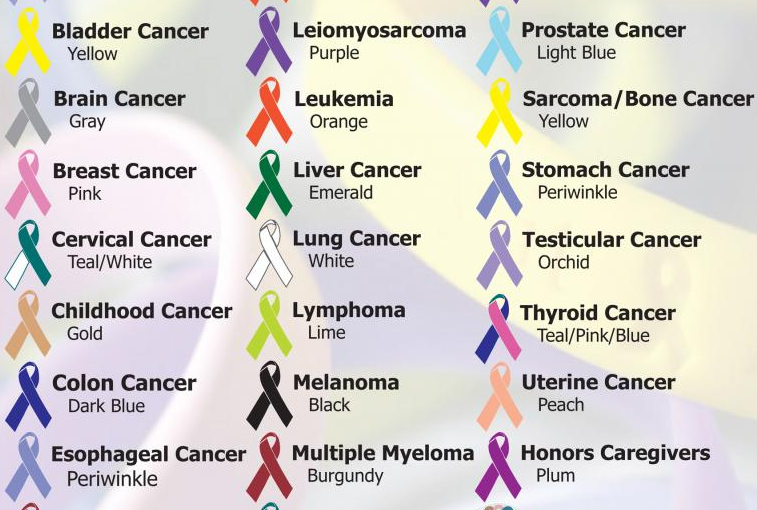Tag: Cancer
-

5 Common Cancer Myths
We’ve come a long way in how well we understand cancer, its risk factors, and how to fight it. But as awareness grows, so has misinformation. There are a lot of myths out there about what cancer is, its risk factors, and its treatments. Let’s set the record straight. Here are five of the most…
-

4 Ways To Lower Your Breast Cancer RIsk
Breast cancer is the most common type of cancer for women after skin cancer, according to data from the Breast Cancer Research Foundation. In the United States alone, an estimated 231,840 new cases of invasive breast cancer were expected in women in 2015, and another 62,570 new cases of non-invasive breast cancer. Among those patients,…
-

Cancer Awareness Dates for Fall 2015
Right now, the sun is bright and the temps may be sweltering, but fall is just around the corner. As you pull out those trunks of sweaters and shop for kids’ back-to-school supplies, don’t forget that fall is also a season full of awareness events for important causes. (Click Here to Download the Cancer Ribbons…